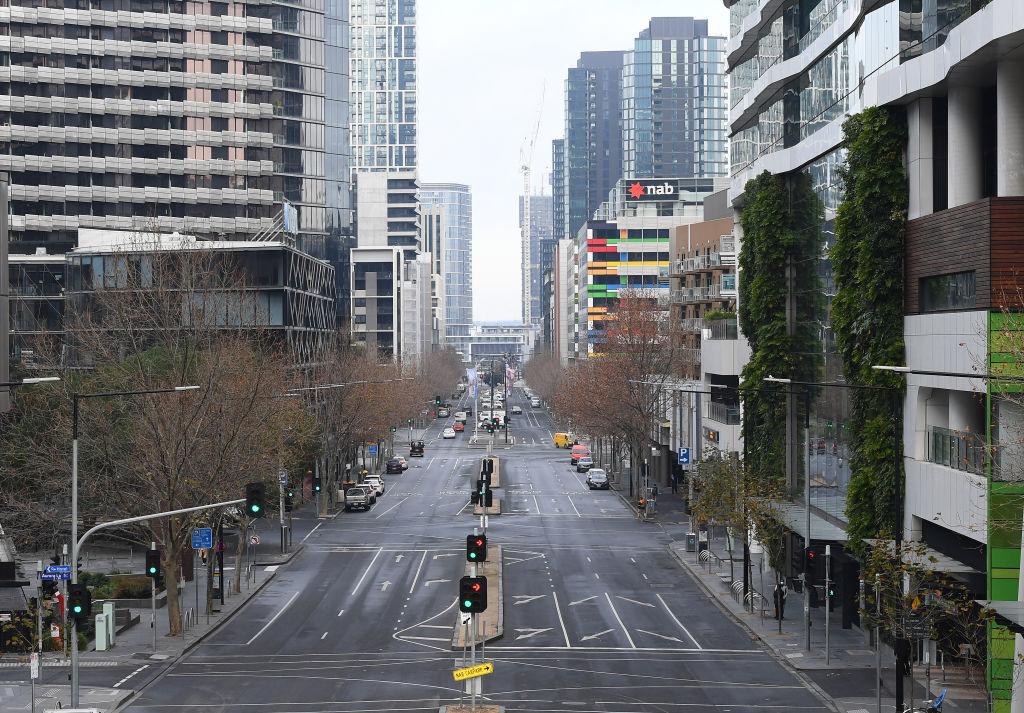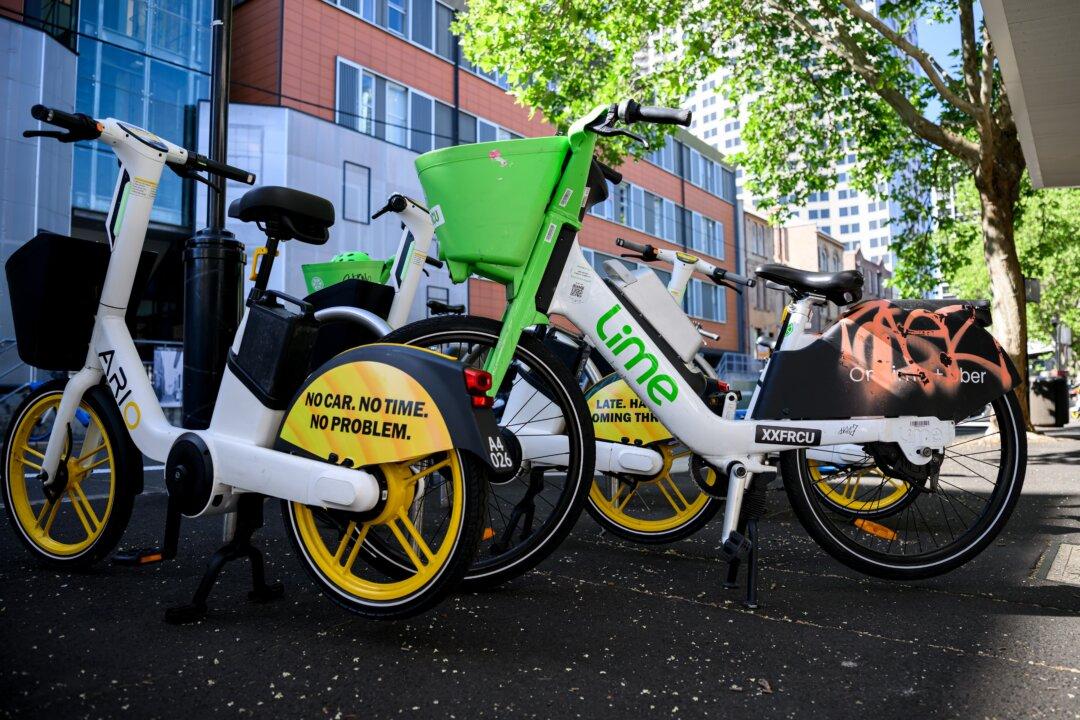As new outbreaks slow the downward trend of COVID-19 infections in Victoria, Premier Daniel Andrews is set to appear at his 100th consecutive press conference.
On the first day of his media marathon it was July 3 and the state reported 66 fresh cases.





